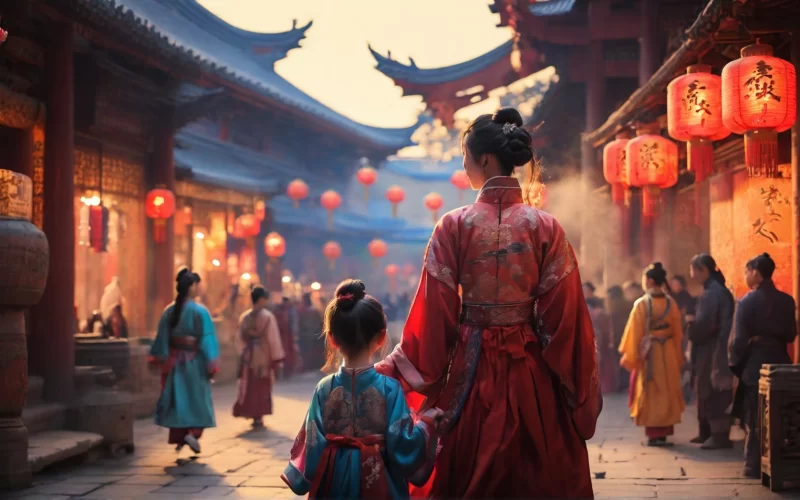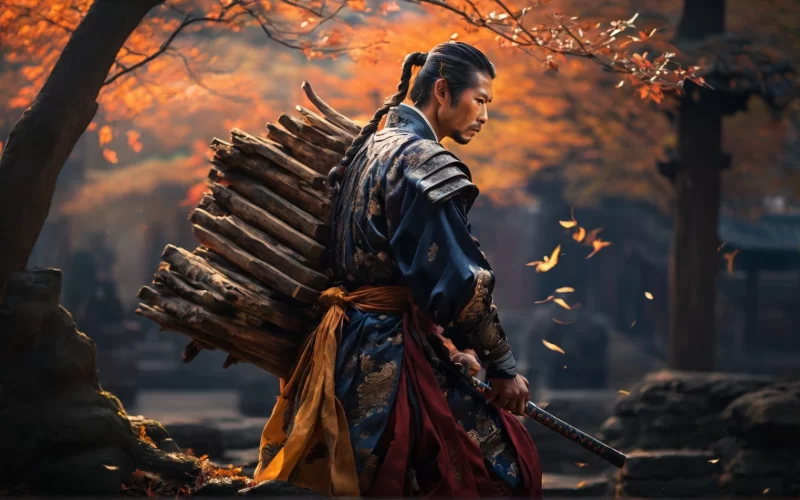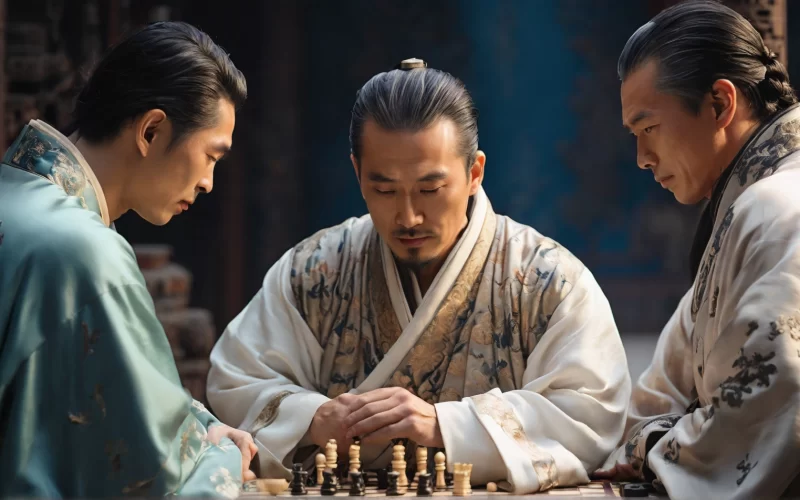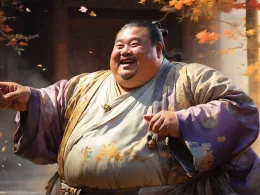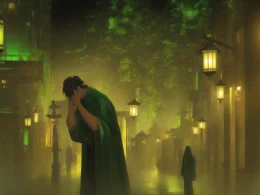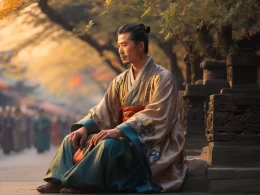Idiom Explanation:
Live peacefully in a place and happily pursue their occupations. Describes a well-governed society, where life, production, and the state of mind are at peace with normalcy. It indicates a beautiful and stable life.
Pronunciation:
安居乐业
ān jū lè yè
Origin:
《老子·八十章》:“民各甘其食,美其服,安其俗,乐其业,至老死不相往来。”
Story:
During the Spring and Autumn Period of China, there was a famous philosopher and thinker, whose surname was Li, his name was Ear, and his character was Dan. It is said that when he was first born, he was a little old man with white hair and a white beard, so people called him "Laozi". It is also said that he was born under a plum tree, so his surname was Li. And because his ears grew particularly large, so the name "ear". In fact, Laozi is the honorific name people gave to him.
Lao Tzu was dissatisfied with the reality of his time and opposed the wave of innovation in the society at that time, wanting to go backwards. He was nostalgic for the ancient primitive society and believed that material progress and cultural development had destroyed the simplicity of the people and brought them suffering, so he longed for the ideal society of "small state and few people".
This is how Lao Tzu depicted the "small state and few people" society he envisioned: The state is small and the people are few. Even if there are many instruments, they do not use them. Do not let the people risk their lives and do not migrate to distant places. Even if there were vehicles and boats, no one would take them. Even if there were weapons and equipment, there would be nowhere to use them. Let the people return to the ancient method of knotting, eat well, dress comfortably, live in peace, and be content with their old customs. The neighboring countries will be able to see each other and hear each other's cries, but the people will not communicate with each other until they die of old age.
This is what Lao Tzu said, "The people are happy with their food, beautiful clothes, comfortable with their customs, happy with their work, and do not interact with each other until they die of old age." In the Book of Han (Hanshu), there is also a saying that "people live in peace and enjoy their work, eat their food and wear their clothes". Later, people derived the idiom of "live in peace and be happy" from this.
Similar Idioms:
- 国泰民安






